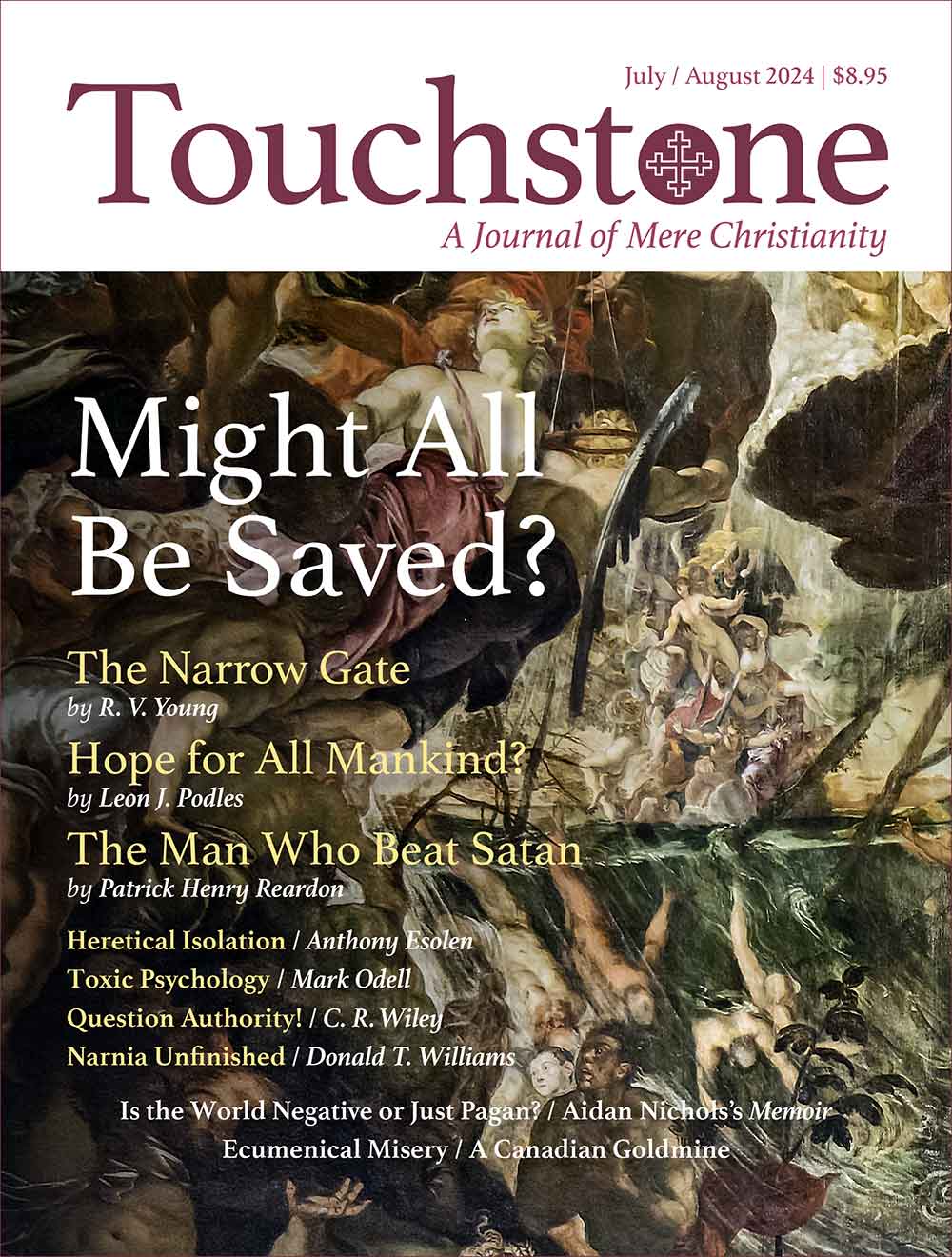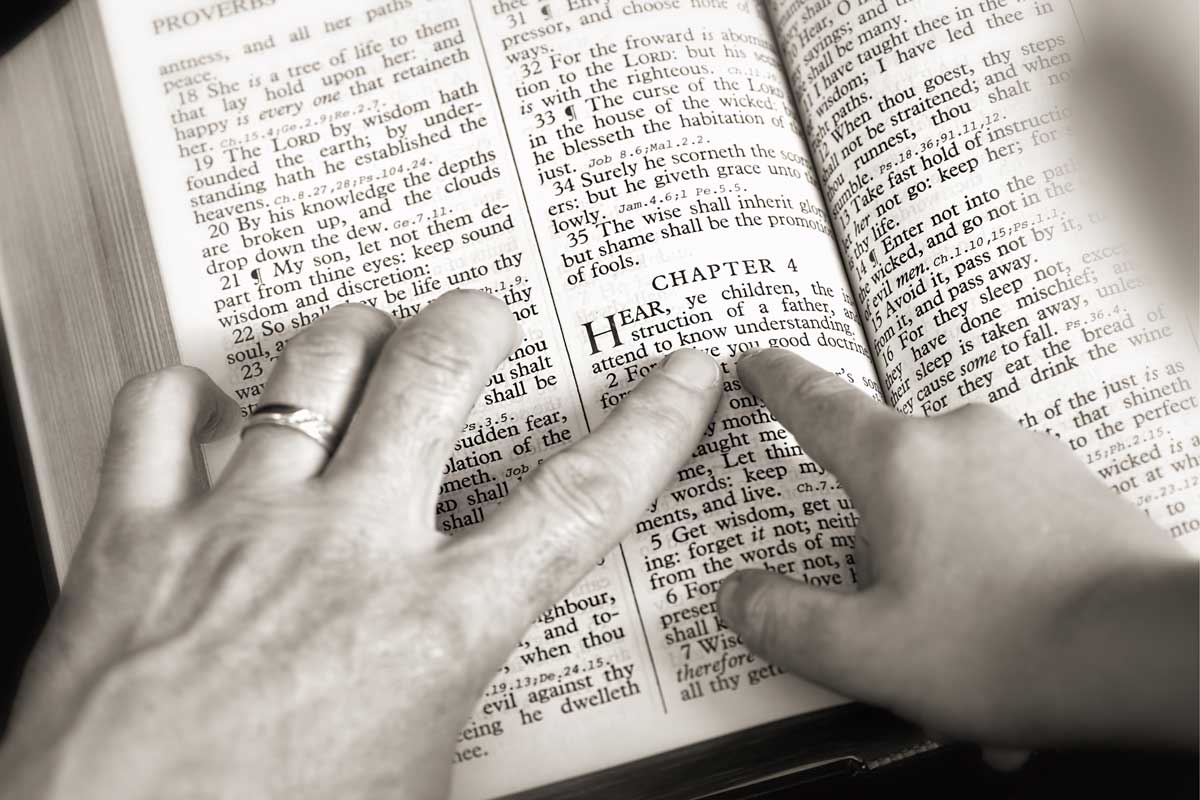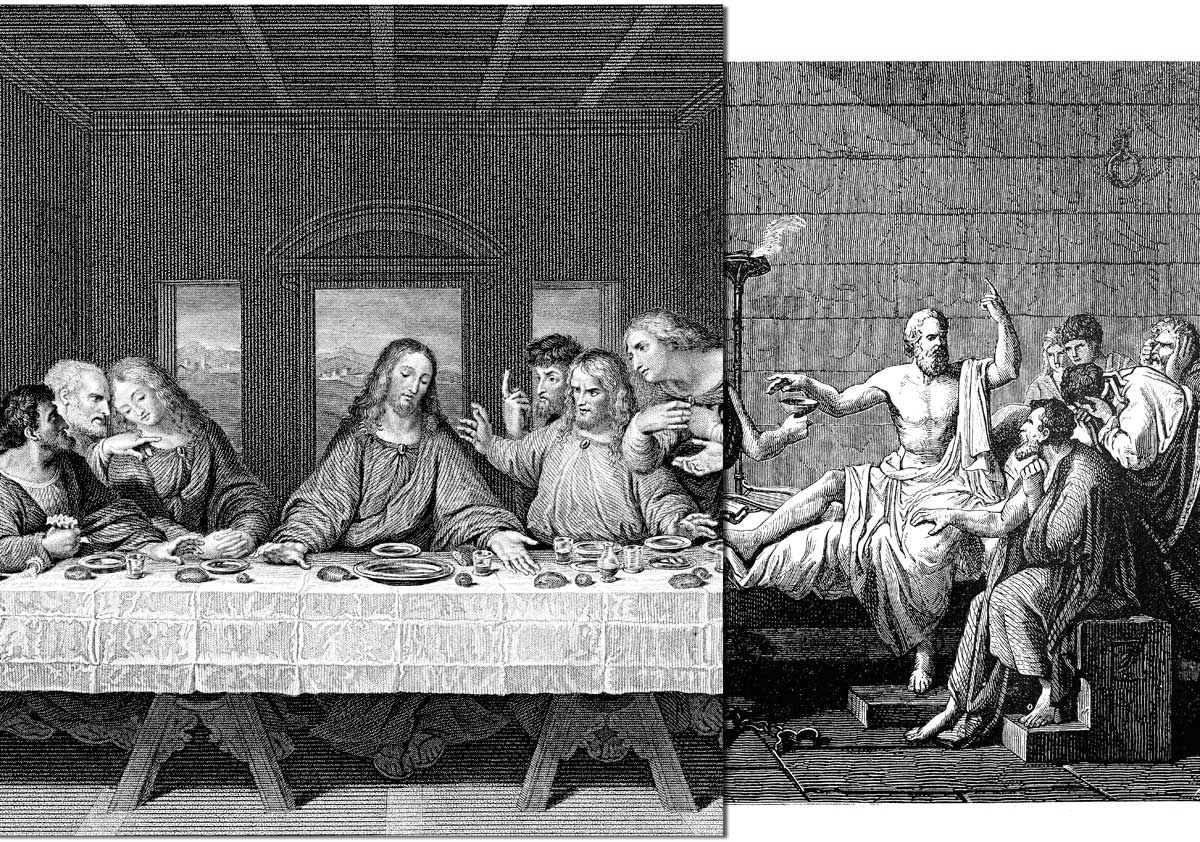Seeing the Remnant
In a recent Quodlibet I criticized the churches that depend for their patronage on producing calculated “worship experiences” of various sorts as having nothing to criticize about drug-energized “psychedelic churches” when their own object was to produce religious thrills, whether of high or low church varieties, for the constituencies they wish to attract or cultivate. I further commented that this criticism, from my point of view, applied to “most churches.” A reader was taken aback by this generalization and wrote to say that his own church tries neither to entertain him nor to whip him into an emotional froth. On this I congratulated him, noting that there was always a remnant, like the Church of Philadelphia of Revelation 3:7f., that did not succumb to the promptings of the Spirit of the Age.
Upon further consideration, though, it seems impossible, as things presently stand, to discern a faithful “remnant” apart from “denominational” theology. How, for example, can a Catholic or Protestant discern a faithful pastor or congregation apart from adherence to his own church’s standards of recognition? (I do not speak here of moral standards, for those are the patrimony of everybody.) As a Protestant observer, for example, I am greatly heartened by learning that the majority of younger Catholic priests dissent from the limp-wristed progressivism of the departing generation. But why should I be? Their Catholicism is built upon developments of doctrine the Reformation rejected as fond inventions, without warrant of Scripture, that enslaved the Christian conscience to popery and priestcraft. Similarly, to a good Catholic, no Protestant minister can be a faithful pastor, or Protestant congregation a faithful church. That perception is not formally allowed.
Or why should a Catholic be pleased to hear of an alleged revival of prayer and devotion at a Protestant college, when he is convinced that the Reformation, at its foundation, was nothing but a rebellion from the True Faith, an outbreak of heresy and schism, still to be exhibited as what Catholics who object to the catastrophe of “good Pope Francis” must at all costs avoid, and mentioned with unfailing contempt in the writings of traditionalist Catholics?
A Mounting Flood
THIS ARTICLE ONLY AVAILABLE TO SUBSCRIBERS.
FOR QUICK ACCESS:
S. M. Hutchens is a senior editor and longtime writer for Touchstone.
subscription options
Order
Print/Online Subscription

Get six issues (one year) of Touchstone PLUS full online access including pdf downloads for only $39.95. That's only $3.34 per month!
Order
Online Only
Subscription

Get a one-year full-access subscription to the Touchstone online archives for only $19.95. That's only $1.66 per month!
bulk subscriptions
Order Touchstone subscriptions in bulk and save $10 per sub! Each subscription includes 6 issues of Touchstone plus full online access to touchstonemag.com—including archives, videos, and pdf downloads of recent issues for only $29.95 each! Great for churches or study groups.
Transactions will be processed on a secure server.
more from the online archives
calling all readers
Please Donate
"There are magazines worth reading but few worth saving . . . Touchstone is just such a magazine."
—Alice von Hildebrand
"Here we do not concede one square millimeter of territory to falsehood, folly, contemporary sentimentality, or fashion. We speak the truth, and let God be our judge. . . . Touchstone is the one committedly Christian conservative journal."
—Anthony Esolen, Touchstone senior editor










